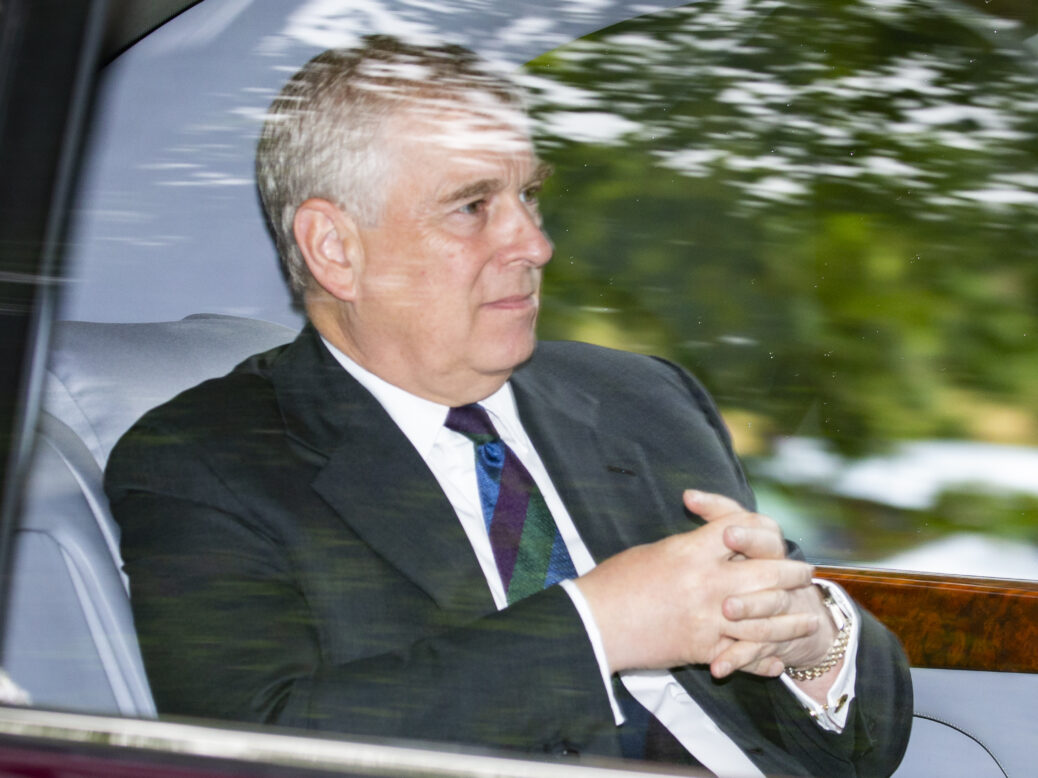
Forgiveness is vital. Its angry and fierce absence within contemporary discourse has turned social media, and even the greater public conversation, into an increasingly cold and dark place. Whether it’s a circus-like glee at the fall of a celebrity, or the comforting pleasure of watching a stranger’s life unwrap and decay, this grim schadenfreude has all the subtlety of a mob with pitchforks.
Some will say it was always thus – and we only notice now because of electronic immediacy. But I’m not sure that’s true. A new puritanism seems to have emerged, and it has infected not just the extremes but also the mainstream. Past failings, sometimes from generations earlier, are dug up by people as though it was their main task in life to identify such errors. Characters are assassinated and futures smashed. How ironic that in an age in which sin is an unmentionable word, its accusation is ubiquitous.
Those processes became particularly relevant this week when the Archbishop of Canterbury, Justin Welby, said that Prince Andrew is “seeking to make amends”, before adding, “I think that’s a very good thing.” Welby encouraged society to be more “open and forgiving” in general and “to step back a bit”. He qualified all this by emphasising that “issues of the past in the area of abuse are so intensely personal and private for so many”, and “it’s not surprising there’s very deep feelings indeed”.
The reaction to his statement was of course hardly enthusiastic, and an episcopal spokesperson soon clarified: “The Archbishop was not referring specifically to Prince Andrew when he said we must become a more forgiving society. He was making a broader point about the kind of society that he hopes the Platinum Jubilee inspires us to be.”
Indeed, perhaps Welby’s intentions were misconstrued. But however laudable the general theme of forgiveness, the optics of this specific case weren’t so good. Prince Andrew withdrew from public life due to his friendship with the convicted sex offender Jeffrey Epstein, and in a civil sexual assault case earlier this year paid millions to settle with Virginia Giuffre, whom Epstein had trafficked – and who Andrew had claimed never to have met. I feel a little sorry for the Archbishop, because his deeper argument is sensible and timely. But the context was bound to get him into trouble.
The essence of forgiveness is that it’s part of an equation, a symbiosis; and a response to a series of actions that should occur when we’ve failed or erred. First comes open and transparent admission. Not a perfunctory “I’m sorry if I offended…”, but a candid acknowledgement that an error or even a crime was committed. It’s difficult to prove or demonstrate authentic contrition, but this is where the next three steps come in.
First of all, penance. I’m reluctant to sound overly religious here – despite being an Anglican priest – but there should be some sort of price paid, whether it’s tangible or otherwise. Suspension perhaps, or a reaching out to a victim – and an openness to listen to criticism, even if it might be painful and humiliating.
Then, change. Not a cosmetic difference but a transformation – with evidence that progress has taken place. No Maoist declaration, but a proof, even if only to friends and intimates, that a lesson has been embraced. This might sound formal and formulaic but I’ve seen it work magnificently as a cleric, and also as a father and a husband. Don’t believe the Valentine’s Day cards about how love means never having to say you’re sorry – love is saying you’re sorry, but involves apologising properly, and with more than words.
Finally, an effort needs to be made to repair the damage done, and to compensate for harm and pain caused. It’s never easy – it’s sometimes rejected. But it’s always acutely necessary.
This isn’t about Prince Andrew or even the Archbishop of Canterbury, it’s about a culture that is digging itself into a dysfunction of satisfaction through condemnation, and hardening the arteries of the communal heart. Ultimately, and tragically, that causes more harm to the many accusers than to the few accused.
[See also: Wanted: A leader for Britain’s post-Jubilee republican movement]






